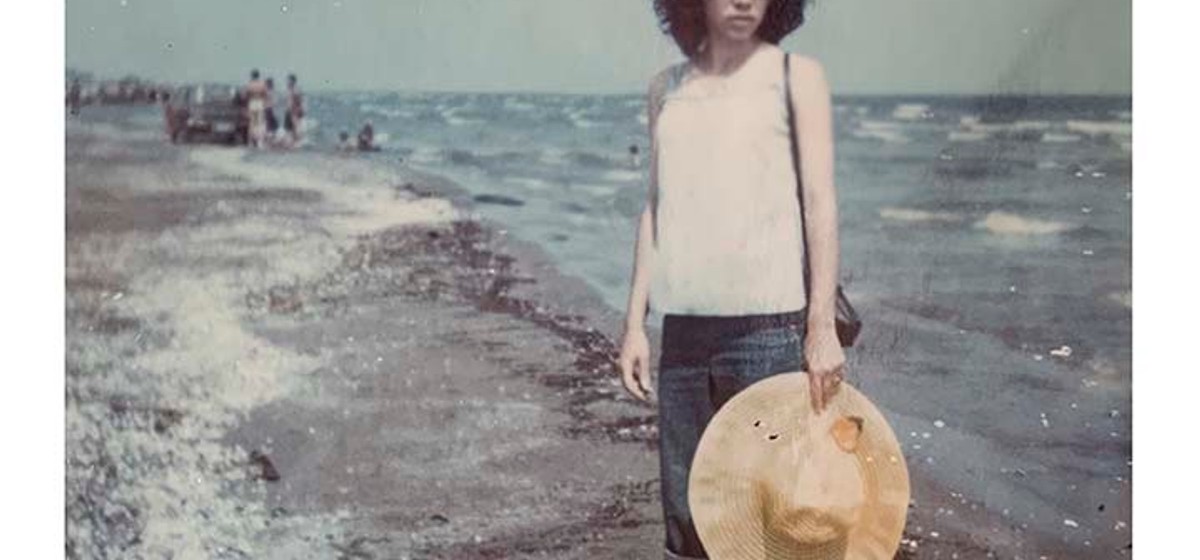Feeding Us Home




Food is like fingerprints.
Complex.
Unique to the individual.
Shifted by experience.
We aren’t born into taste. We discover it, researchers say, through its sensory properties, anticipated consequences, or ideas about where it came from. Maybe discovering food is a lot like finding love. Or, that’s just how we did it.
It all started with Osteria Santo Spirito in Florence, when I told the guy behind me in line to try the truffle gnocchi.
“That stuff will change your life.”
Labor strikes had grounded flights that night--including mine. Tables were crowded.
A waitress came by to ask if we would sit together to cut down our wait time.
There are a thousand ways to reach for a stranger in the cadence of a dimly lit night far from home. I’d been doing it for years, usually pretending or acting on pretense. But that night, we talked incessantly, and honestly, about food. What we hated. What we loved. What we knew. What we missed.
“Ever had faloodeh?” he asked me. “My mother fed it to me and put me under the stairwell the day the bombs came in, my last day in Iran.” More haunting than Proustian, he told me it was his last taste of home.
Maybe it was fate. Or, maybe it’s because food is connected to our limbic system and triggers dopamine release, but I was in love with him by the end of the night.
Two weeks later, I would get on a nervous flight from JFK to see him in Montreal. Three months later, I’d take him home to meet my family.
I hail from California Americana steeped in pecan pies, football coaches, and believers in the holy ghost who loves the sinner, but hates the sin. I had told him they weren’t racist. But they didn’t waste any time partitioning across culinary lines.
“Did you grow up eating with your hands?” upon meeting him.
“Whatever’s cooking smells terrible, my stomach can’t handle it,” as he cooked.
“Guacamole is wrong at Christmas,” in response to his hors d'oeuvres ideas.
I was an unplanned five months pregnant when I met my mother-in-law, with a basketball-sized bump and voracious appetite. She seemed equally concerned and thrilled about us--concerned about her son moving to the US, but thrilled that I could house her spiciest buttered chicken with the best of them.
In between conversations about immigration and Iran, she fed me pesto and tadik, homemade hummus and kofteh. “That baby is Armenian,” she’d say when I tried to turn down extra Soorj. “He loves caffeine.”

She wasn’t far off. Taste and odor, a team at the Universidad Nacional Auto noma de Mexico reports, feeds into the insular cortex and the amygdala, parts of the mind responsible for present-moment awareness, emotions, survival instincts, and memory. My son was, I knew, also made up of her. Of juniper, almond, barberry, and cotoneaster from Ahvaz, and spice trade in Yerevan. Of orchards in Tehran where she gave birth to my husband. Of Persian Enqelāb-e Eslāmī, revolution, and the smell of the Caspian sea.
By December, all visa applications were voided in light of the administration’s releasing newly designed forms in the new year, and my husband, still a tourist, became a father. He would leave just six weeks later to wait for paperwork in Canada, where he’d spend months, stuck, watching our newborn turn into a chubby baby in between flights and FaceTime.
I couldn’t change immigration. But, I infused rice cereal with turmeric and made my grandmother’s potato salad recipe gold and pink, red and fatty, with cumin, bacon, and paprika. I learned to grill Pakistani chicken a friend marinated in spices from Karachi, and make baby food from sheep’s milk feta with lentils and saffron.
By the time his dad landed in JFK, I could get my chunky 6-month-old to eat anything by peppering it with garam masala.
That weekend, we’d find faloodeh at a little Iranian restaurant across the park from our new Brooklyn apartment.
“Tastes like my mom’s,” he said quietly. “Like home.”
He turned to me and smiled.
“Like us.”